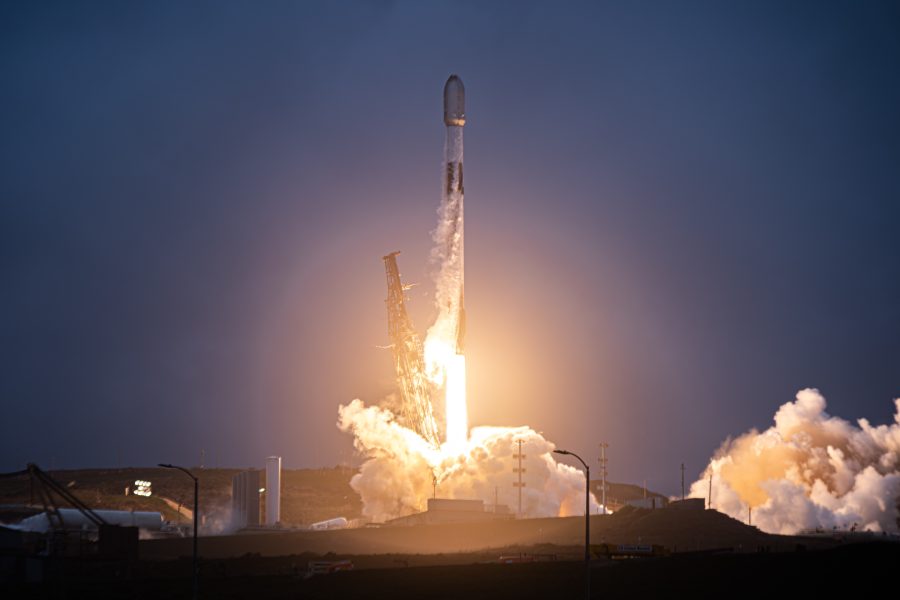Editor’s Note: This story was updated Dec. 1 after SpaceX announced a new date for the launch.
South Korea is set to launch its inaugural homemade reconnaissance satellite on Dec. 1 (Dec. 2 in Korea) at Vandenberg Space Force Base, Calif.
The electro-optical and infrared (EO/IR) satellite, to be carried by a SpaceX Falcon 9 rocket, is Seoul’s first of five planned satellites. Following the initial positioning of the satellite, the country plans to launch four more Synthetic Apertures Radar (SAR) satellites.
South Korea has long relied on the United States for surveillance imagery, particularly for detecting activities in North Korea. When its entire constellation of new satellites is in orbit by 2025, Seoul expects to be able to detect, identify, decide, and strike within 30 minutes of an initial indicator.
The first launch, slated for Nov. 30, was postponed due to adverse weather conditions, according to the nation’s defense ministry. Falcon 9 rocket launches adhere to guidelines that prohibit launches when sustained winds exceed 30 mph at the 162-foot level of the launch pad.
While South Korea looks to build up its space surveillance capabilities, North Korea claimed the successful positioning of its first spy satellite from its launch last week, following two failed attempts earlier this year.
Pyongyang’s state media claimed to have captured images of the White House, the Pentagon, and Anderson Air Force Base in Guam. So far, none of the said pictures have been released.
In a briefing with reporters, Pentagon Press Secretary Air Force Brig. Gen. Pat Ryder downplayed the importance of such imagery, noting “there are plenty of images of the Pentagon and the White House online.”
Ryder, however, did acknowledge that North Korea’s satellite entered the orbit and the launch involved ballistic missile technology.
Washington, along with its allies including Seoul and Tokyo, have condemned the use of such technology as a violation of United Nations Security Council resolutions.
North Korea’s ambassador made an appearance at the United Nations Security Council on Nov. 27 to defend the satellite launch, asserting Washington is “threatening” Pyongyang with its nuclear weapons.
South Korea’s National Intelligence Service speculates Russia aided North Korea with its reconnaissance satellite launch. But Seoul’s Defense Minister Shin Won-sik is dismissive of North Korea’s statement regarding its surveillance satellite technology.
The Minister appeared as a radio guest on the country’s national broadcaster last week and stated Pyongyang’s claim of capturing image of Guam after only two days of the satellite launch is “exaggerated,” given the necessary time for the satellite to come online and properly calibrate after entering orbit.
